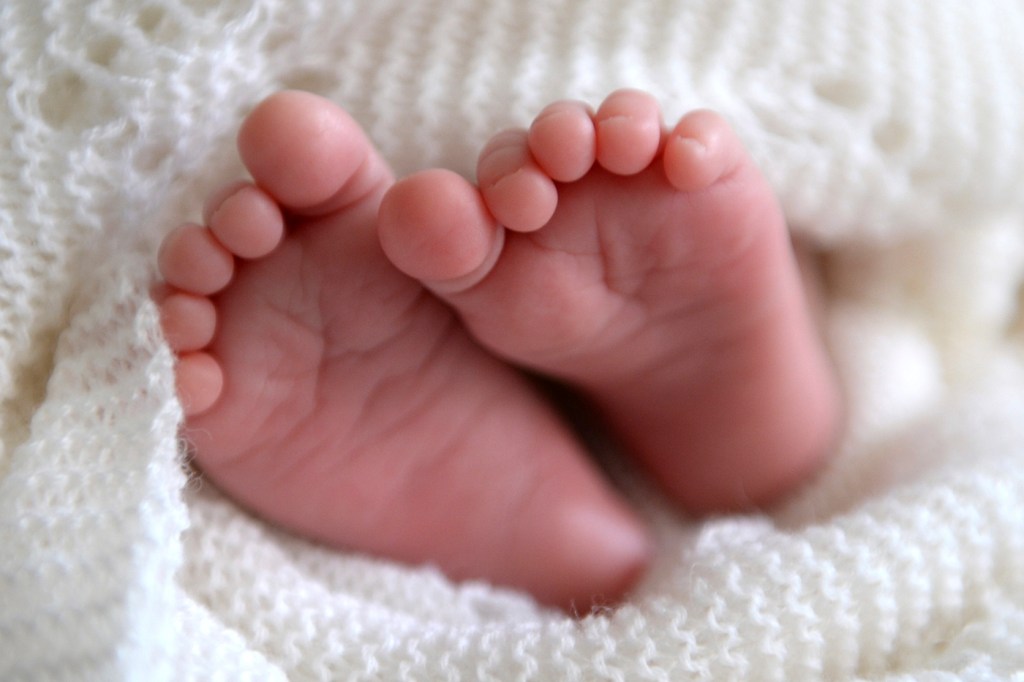What’s in a name? A linguistics expert explains why some baby names dominate the charts year after year
Liam, Olivia, Emma and Noah all topped the charts again in 2023, according to the Social Security Administration. But there’s a reason why parents love these names.

What do names like Noah, James, Mateo, Mia, Evelyn and Luna all have in common?
They’re not only some of the top baby names in the United States, but they also seem to flow off the tongue. And that’s exactly why parents love them.
On May 10, the Social Security Administration released a list of the top baby names in the United States in 2023. Liam and Olivia maintained the number one spot in their respective categories for the fifth consecutive year while Noah and Emma also retained second place.
There’s a lot that goes into selecting a name for a baby. But looking at the overall list, Adam Cooper, a teaching professor and director of the Linguistics Program at Northeastern University, said many parents are picking names that avoid “hard stops” and instead flow off the tongue.

“It’s really interesting to see how prominent the patterns were,” Cooper said. “Names like Patrick, Peter or Greg — these are names that would be more ‘stopful,’ so to speak. These stop sounds are not here in the list, really.”
Instead, names like Henry, William, Emma and Amelia topped the charts in 2023, representing what Cooper described as more nasal sounds produced with the soft palate lowered (ma or nah as in Noah or Amelia) or liquid sounds (la or ra).
“One might say that there’s more of a flow to the sounds and sound combinations making up these popular names,” Cooper added.
Featured Posts
But there’s more to it than this. Cooper said that there is a field of study called phonaesthetics that examines the perception of elegance or beauty in the sounds of different languages. Studies show that English speakers prefer words that consist of multiple syllables, with a variation of vowels, and a prominence of nasal and liquid sounds.
There’s also fewer stop sounds that studies show are less appealing to English speakers as are guttural sounds.
“Connecting what’s been studied about English phonaesthetics, pretty much all the names here would be ‘phonaesthetically pleasing,’” Cooper added.
Of course, there are other factors that go into selecting a name. Some people aim for more trendy names while others go for something more classic. Some go with family names while others look to influential figures.
Even popular TV shows and celebrities can influence what name parents select for a newborn. The Social Security Administration noted that Kaeli and Eiden, both names of popular TikTok stars, are on the rise, as is Chozen, the name of a character on the Netflix series “Cobra Kai.”
Native language also plays an important role; Cooper said that people are conditioned to prefer sounds that are more familiar to them, whether it’s from their native language or repeated exposure elsewhere.
Mateo, a Spanish form of the once popular name “Matthew,” appeared as a top 10 name for the first time this year, which Cooper said could be due to the increasing Hispanic population in the United States (the U.S. Hispanic population was at 62.1 million in 2020, up 23% from 2010, according to Pew Research). As a result, there’s likely more people familiar with Spanish and drawn to Spanish-sounding names.
“Mateo could also be said to be more phonoaesthetically pleasing because it has multiple syllables and the shift in vowels, whereas Matthew is just two syllables,” Cooper added. “It’s not only just an acknowledgement of the language that has been the source of this name and its status within United States society and culture, but also a connection to the sound patterns themselves that may be perceived to be somewhat more rhythmic.”
Similarly, nearly all of the top names for baby girls also end in an A, something Cooper said can be traced back to Latin and the languages that came from it, including Spanish and Italian. In these languages, the “feminine” version of a word often ended in an A.
“I think the grammatical system of Latin has in a way influenced what we perceive to be more ‘feminine’ or ‘masculine’ name types,” Cooper added. “There isn’t anything about the final vowel inherently that makes it more feminine or not, but it’s just the associations and how it happened to have been used in this earlier grammatical system and how that language has developed into the various Romance languages.”










